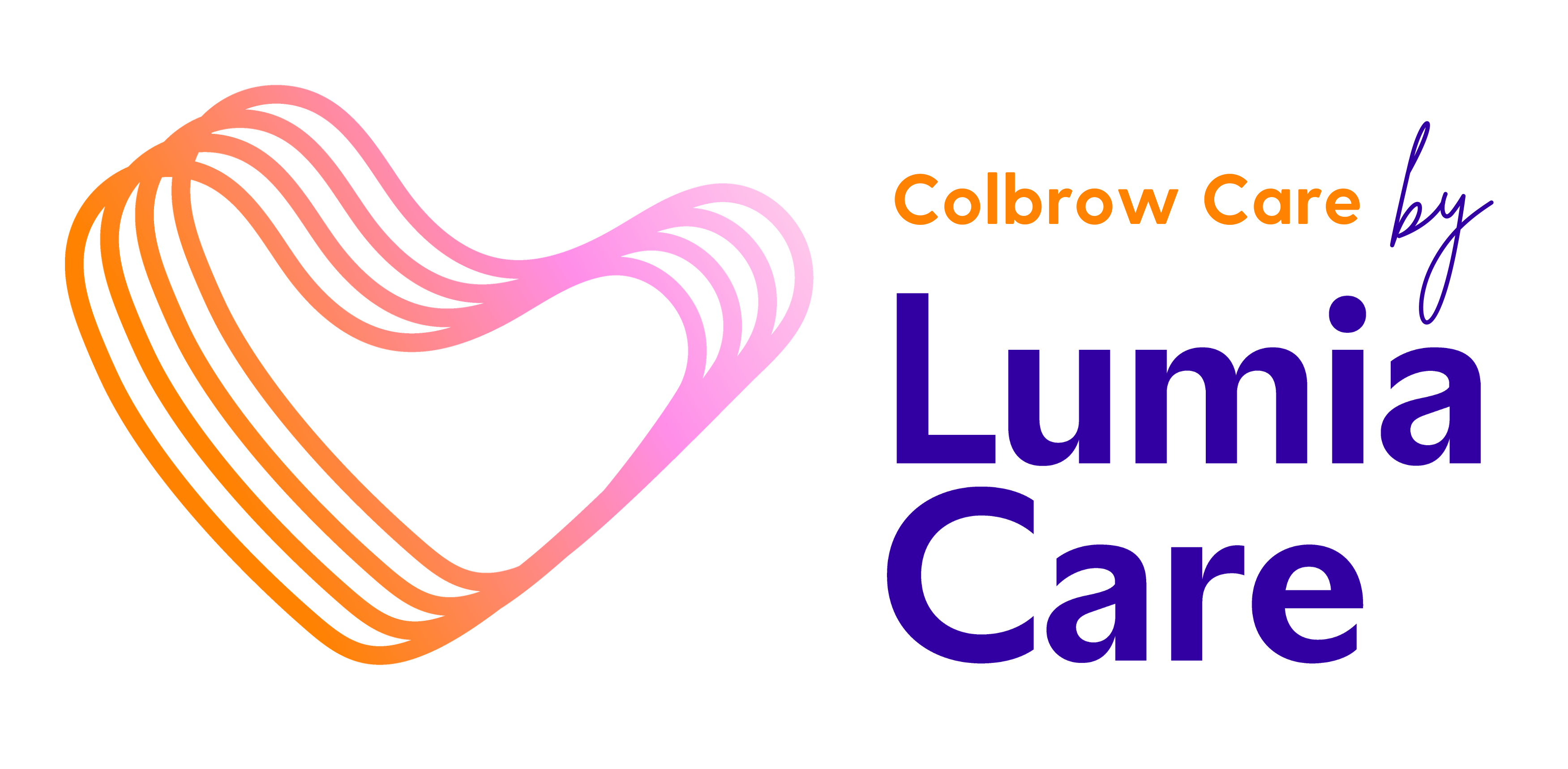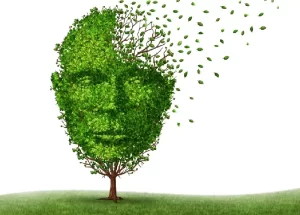: A group of thinking and social symptoms that interferes with daily functioning. Not a specific disease, dementia is a group of conditions characterised by impairment of at least two brain functions, such as memory loss and judgement.
Mayo Clinic
: Is the term used to describe the symptoms of a large group of illnesses which cause a progressive decline in a person’s functioning. It is a broad term used to describe a loss of memory, intellect, rationality, social skills and physical functioning.
Dementia Australia
Types of dementia
There are a number of different types of dementia including Alzheimer’s disease, vascular dementia, frontotemporal dementia and Lewy body disease. The most common form of dementia is Alzheimer’s disease affecting between 60-80% of all individuals with dementia.
What is the difference between dementia and Alzheimer’s
Alzheimer’s disease is a physical brain condition which progressively impairs memory, thinking and behaviour. It does this by disrupting the ability of the brains neurons to communicate with one another. A reduction in chemicals involved in message transmission impacts this process resulting in a decrease of cognitive function. Individuals suffering from Alzheimer’s will experience different challenges and changes over the diseases’ progression.
Alzheimer’s is not a normal part of ageing
Alzheimer’s is a disease and is therefore not a normal part of ageing however the greatest risk factor is age. Individuals 65 years or older are at greatest risk. Alzheimer’s can also affect younger individuals and when disease onset is below the age of 65, it is referred to as younger onset Alzheimer’s. In Victoria in 2022, “there are an estimated 7,300 people living with younger onset dementia. Without a medical breakthrough, the number of people living with dementia [in Victoria] is expected to increase to an estimated 12,700 people by 2058.
A progressive disease
Alzheimer’s is a progressive disease in that it worsens over time and is inevitably fatal. Early signs such as mild memory loss will progress to individuals losing the ability to talk and respond to their environment toward the latter stages of the disease. On average individuals can live between 4-8 years after diagnosis, however this seems variable depending on other factors.
No cure
There is currently no cure for Alzheimer’s disease. The FDA in the US have approved the treatment drug Aducanumab, which is supposed to target the underlying biological process of Alzheimer’s – namely the buildup of amyloid which is a characteristic sign in the brain of individuals suffering Alzheimer’s. However, this treatment has not been approved by the TGA in Australia with not enough data relating to it’s efficacy being cited as the main reason for caution. There is an unmet demand for disease altering treatments or better still, a cure for Alzheimer’s however in Australia at least, researches say Aducanumab does not meet the strict criteria for approval yet.
Signs and Symptoms
Signs and symptoms can vary dependent on disease stage but may include:
- short-term memory loss that persists, especially recalling events that have just taken place
- repeating the same thing
- being uncharacteristically vague in conversation
- a decline in the ability to problem solve, plan things, organise or think logically
- taking longer to do tasks that have been routine
- not being able to find the right word or an inability to comprehend
- becoming increasingly disorientated
- lack of motivation or inability to initiate a task
- subtle changes in personality, mood and behaviour.
It is often a family member or friend who will observe these changes, rather than the individual themselves. A key component of positive management of Alzheimer’s is removing the stigma that has long been associated with the disease. An individual experiencing symptoms will already be in some degree of distress, especially if they are recognising a decline if their cognition.
If you have a loved one with any form of dementia and are in need of support, call our friendly team on 1300 33 11 03.
We can help you continue to care for them in the comfort of their own home.










